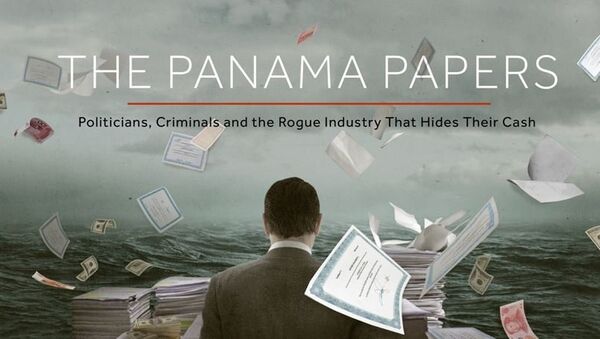In early April 2016, an unprecedented leak of millions of files obtained by Sueddeutsche Zeitung from an anonymous source came to light triggering a huge offshore scandal with the repercussions still being felt even eight months later.
John Doe, the anonymous source behind the leak whose identity remains unknown, provided the German journalists with 2.6 terabytes of inside data from Mossack Fonseca, a Panamanian law firm specializing in the creation of shell corporations.
No newsroom could cope with this vast amount of information alone: simply making it searchable presented a challenge. Sueddeutsche Zeitung turned to the US-based International Consortium of Investigative Journalists (ICIJ) for help as the organization had already coordinated similar investigations in the past. The project eventually grew to include more than 400 journalists from around 80 countries.
It took approximately a year of locked rooms, secret conversations and hard work to scan the documents, transform them into a searchable archive, sift through all the information and put together numerous stories, some of them more damning than the others.
According to ICIJ, the information connects more than 214,000 offshore companies to people from more than 200 countries. The data was not published in its entirety and it was not given to the official prosecutors.
It has to be said that an offshore company is not illegal in and of itself, but it may be used to cover up activities of a varying degree of legitimacy. A shell company does not make a man who set it up or profits from it a criminal, and neither does the simple mention in Panama Papers. A large part of the giant cache of the documents shows people simply managing their money well within the legal boundaries. Sometimes, however, shell companies do serve to cover up questionable decisions or breaches of law.



